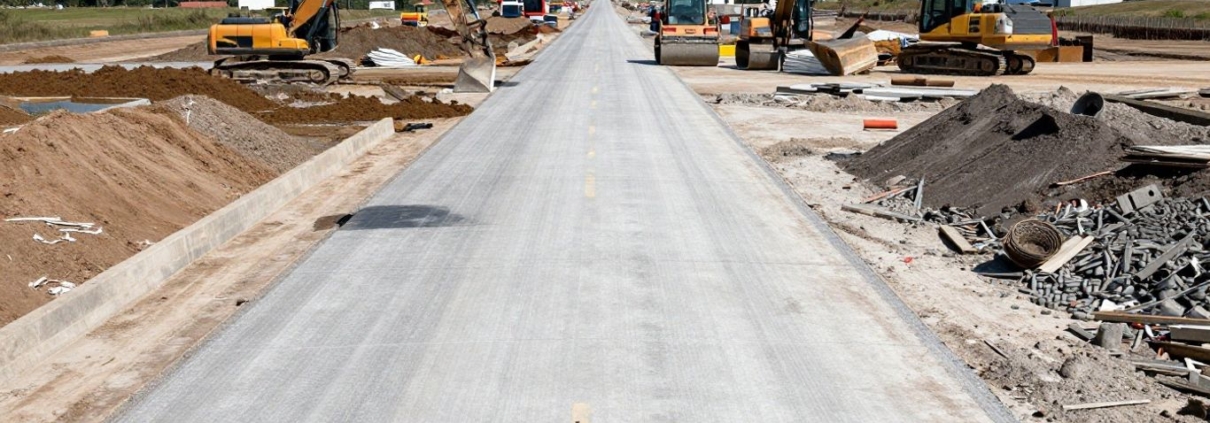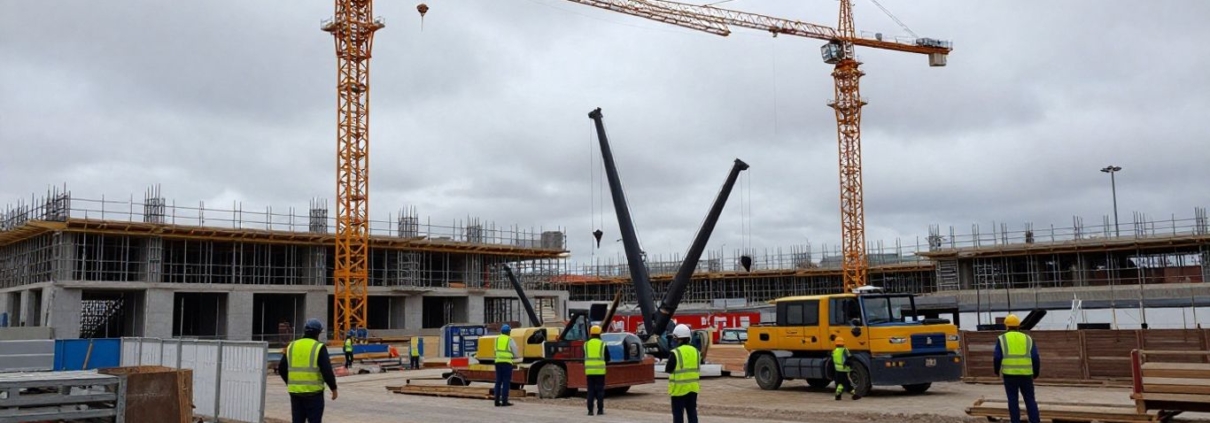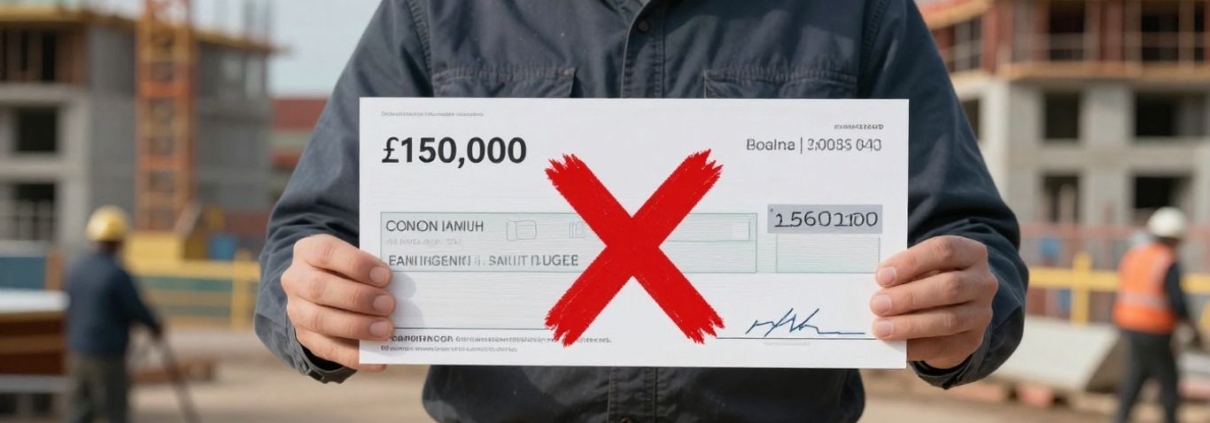Warrington HQ of Collapsed Construction Firm Harry Fairclough Set for Sale
The former headquarters of the historic construction firm Harry Fairclough, based in Warrington, is set to be sold off by administrators. The company, which had a significant presence in civil engineering and building projects for over 120 years, entered administration and subsequently liquidation, leading to the redundancy of around 150 employees.
Key Takeaways
- The Warrington headquarters of collapsed construction firm Harry Fairclough is being sold.
- The company entered administration in February last year, leading to around 150 job losses.
- The 1.4-acre site is expected to be redeveloped for housing.
- Administrators aim to maximise realisations for creditors.
Sale Of The Warrington Headquarters
Administrators Smith and Williamson have confirmed the sale of the freehold premises located off Howley Lane, which fronts the River Mersey. The 1.4-acre site, which has been marketed for the past 12 months, has attracted a mix of conditional and unconditional offers. The sale is intended to maximise the funds available to the creditors of Harry Fairclough Limited.
Company’s Demise And Impact
Harry Fairclough Limited, founded in 1898, specialised in civil contracts and also had a division for building projects for private and public sector clients. The firm entered administration in February of the previous year, with around 150 employees made redundant from its Warrington headquarters and West Yorkshire office. The company’s collapse was reportedly blamed on late and non-paying customers. At the time of its demise, the firm had undertaken projects such as a lion enclosure at Chester Zoo and work on extensions for Blackpool Sixth Form College.
Future Of The Site
The sale of the Howley Lane site is expected to pave the way for new housing development. Savills, which handled the sale, noted that the transaction underscores a growing confidence in the regional property market and strong demand for development land, even amidst broader market uncertainties. This positive outlook suggests potential for increased land values and mainstream house prices in the area.
Legal Action From Former Employees
Following the company’s collapse, a number of former employees have reportedly sought legal action. Law firm Simpson Millar stated it had begun investigations after receiving calls from ex-employees regarding the redundancy process. The firm was looking to secure a ‘Protective Award’ on behalf of employees, which is a payment awarded by an employment tribunal when an employer fails to properly consult staff during mass redundancies. Such awards can be accessed via the Government Insolvency Service.
Sources
- Administrators set to sell off Warrington HQ of collapsed construction firm, Yahoo News UK.
- Landwood tasked with shifting 79th Group assets, Place North West.
- Ex-staff set to take legal action against collapsed construction firm Harry Fairclough, Business Live.
- Harry Fairclough Howley site sold and set to become houses, Warrington Guardian.











